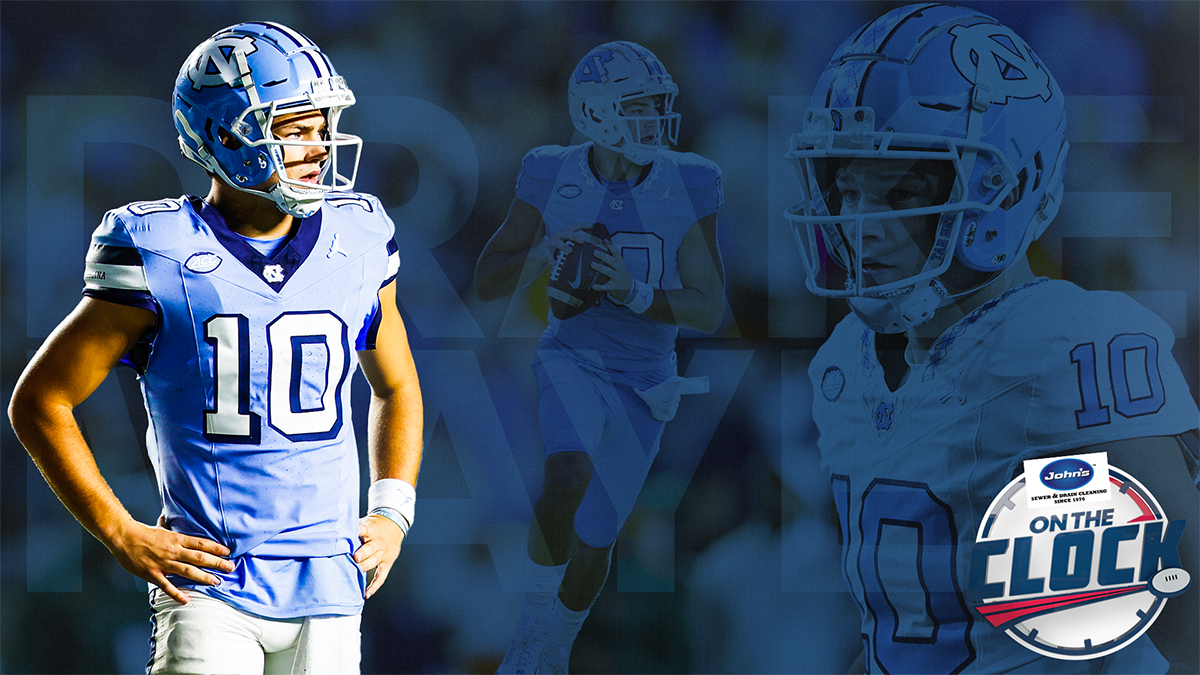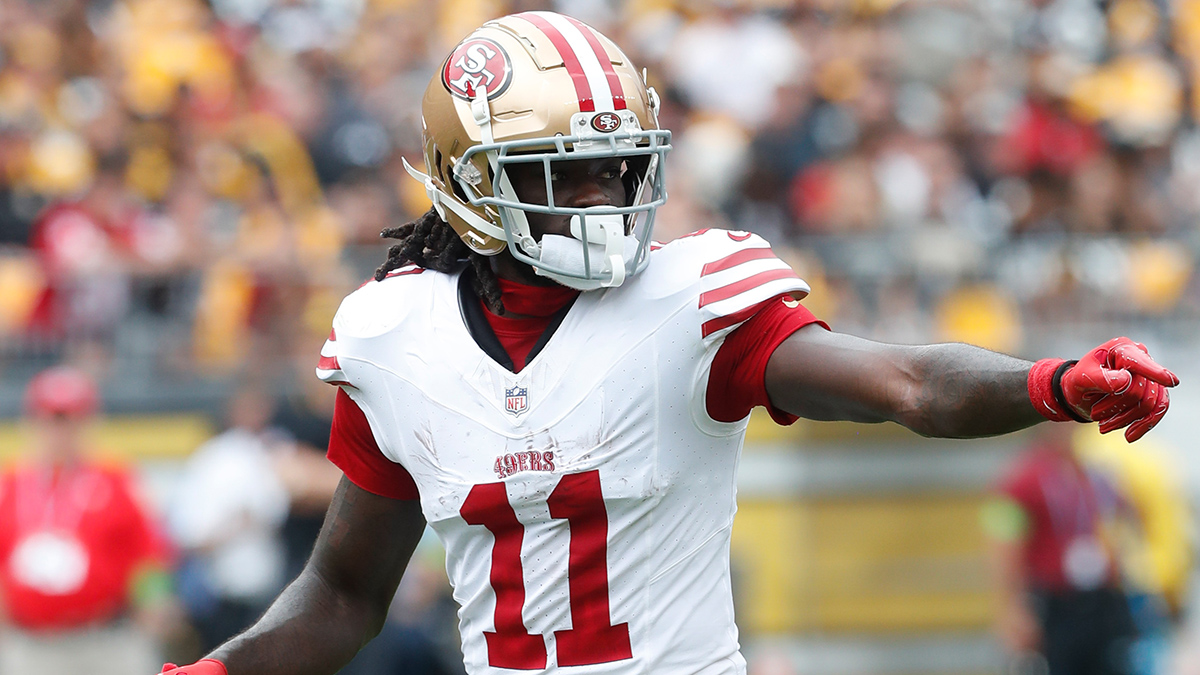
FOXBORO -- Patriots rookies have their candor forcibly removed during rookie minicamp.
So I wasn't expecting deep, reflective answers last week when I asked Dont'a Hightower and Jake Bequette whether they considered the threat to long-term health the game can pose.
"We as players understand that football's dangerous," said Bequette, a third-round pick from Arkansas. "That's a discussion for the league and the league office and doctors. I play the game safely and to the best of my ability. I'm not gonna worry about that right now."
Bequette allowed that, "There are some risks but it's just like anything else in life. You can't think about that all the time or else you're wasting your focus. I'm going to keep my focus on my job which is to come in here and work as hard as I can and hope I make the roster."
Hightower, the 25th overall pick, puts his fate in the hands of the league and the medical and training staffs in New England.
"I'm out there playing ball," said the linebacker from Alabama whose game is predicated on violent collisions. "Everything we're doing, from a safety (standpoint), I feel like they've done all in their power with the new helmets and new rules. It's out of my hands and all I can do is go out there and play ball and that's what I intend on doing."
Hightower also offered that the player who plays to protect himself is often the one that gets injured.
New England Patriots
"That's definitely one thing that I think everybody's learned: When you play for safety, that's when you get hurt," he explained. "In order for me to play fast and play the best I can I have to get into my playbook so safety's not really an issue although you do have to take care of your body. I'll get with the training staff and get the rehab and get in the ice-baths and all that good stuff and take advantage of all the training elements."
Bequette and Hightower's responses came into sharper focus this week when two undrafted players with opportunities to make teams cited concussion concerns and pushed back from the NFL table.
Andrew Sweat, a linebacker from Ohio State, said, "Thanks but no thanks" to the Browns and plans on going to law school. Chris Diehl, a Clemson fullback who signed with the Ravens, got concussed at rookie minicamp just a couple of months after suffering one at the Senior Bowl.
He too said, "Enough."
But the cost-benefit ratio for a drafted player - like Hightower or Bequette - is different.
Bequette, a third-round pick from Arkansas, has business and legal aspirations like Sweat does. With a degree in finance and work on his Master's degree already started, Bequette says he may consider following in his father's footsteps to become an attorney.
The opinions of Hightower and Bequette are the prevailing ones. Of the 253 drafted players, none of them have made the same decision as the undrafted Sweat and Diehl.
That includes Nick Toon. Selected in the fourth-round by the Saints, Nick is the son of Al Toon, a three-time All-Pro receiver for the Jets who retired in 1992 when, at the age of 29, he suffered what was believed to be his ninth NFL concussion.
Nick Toon suffered a concussion in early 2010. The University of Wisconsin was exceedingly careful with his comeback from that. Last October, Nick Toon had this to say about the risks of playing football: "With what happened with my dad, you don't wish that on any player," says Nick. "It's part of the game. It's going to happen. I think it's something that you realize, accept and go out and play."
Al Toon is now 49, a tremendously successful businessman. He attributes some current physical problems to his concussions.
"I still have a problem with strobing," he told Gary Myers of the New York Daily News last October. "It's weird, different situations would set it off. It could be a ceiling fan with a light. It causes a little dizziness sometimes. I think my ability to retrieve information has definitely been compromised. My concentration level is probably not what it was. But clearly I am able to function and take care of my family."
Junior Seau's suicide two weeks ago set off a flurry of hysteria about player safety - specifically head injuries - that hasn't subsided.
Seau never appeared on an NFL injury report with a concussion. Which isn't to say he never had one - or even dozens - but the belief that Seau's suicide was directly attributable to head injuries sustained while playing professional football for 20 years took root immediately.
Whether Seau suffered from Chronic Traumatic Encephalopathy (CTE) won't be known because his brain was not submitted for a post-mortem examination. Maybe he had it. Maybe he didn't.
Maybe all NFL players retire with a measure of CTE - protein deposits in the brain caused by trauma - but only the brains of the men who live with depression and die violently are being examined.
Their fate needs to be viewed in the same frame as Al Toon's,Roger Staubach's, Steve Young's or Troy Aikman's - all multiple concussion sufferers who, it would seem, are examples of men whose NFL cost-benefit was acceptable.
For every tragic and desperately sad case like Seau's or Dave Duerson's or Mike Webster's, there may be thousands of Al Toons. Or men who simply get away clean, the NFL leaving no imprint on them at all healthwise.
It's a very personal decision. How much would you need to be paid to do X?
Bequette and Hightower may make a few million, more if they play well. Sweat and Diehl? No guarantees of making more than 100,000.
There is no "right" and "wrong". Which hasn't stopped people (and websites, talk shows and online polls) from discussing if Sweat and Diehl make the "right" decision.
My response would be "How in God's great name would we know? And who the freak cares what our opinion is on their decisions?"
I've never met Andrew Sweat or Chris Diehl. They could end up teaming up to cur cancer. They could end up a couple of crackheads. I don't know. Neither do you.
The only opinion we can have is a general one.
Mine is that it's outstanding that guys feel empowered enough by combining personal experience with the visual, scientific and anecdotal evidence available to make educated decisions about whether to continue.
And I'm also happy that armchair hardasses inclined to question the toughness of Sweat and Diehl are now muzzled because of the current climate.
That they are allowed to make their decision knowing applause for their choice would drown out dismissiveness is a real step forward in football culture.
The 253 young men drafted in 2012 have - so far - unanimously agreed to accept the risk. Sweat and Diehl decided it was not.
Meanwhile, another player who went undrafted but was signed by Tampa Bay after the draft, will not be able to play. Rutgers' Eric LeGrande.
The choices for these young men are hard. The choices are theirs.


